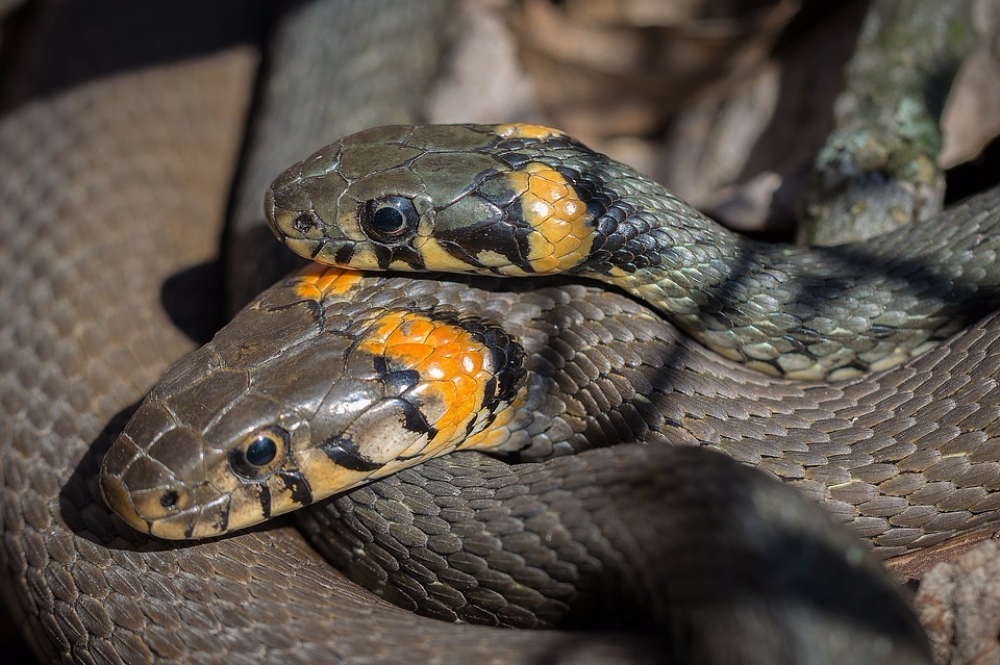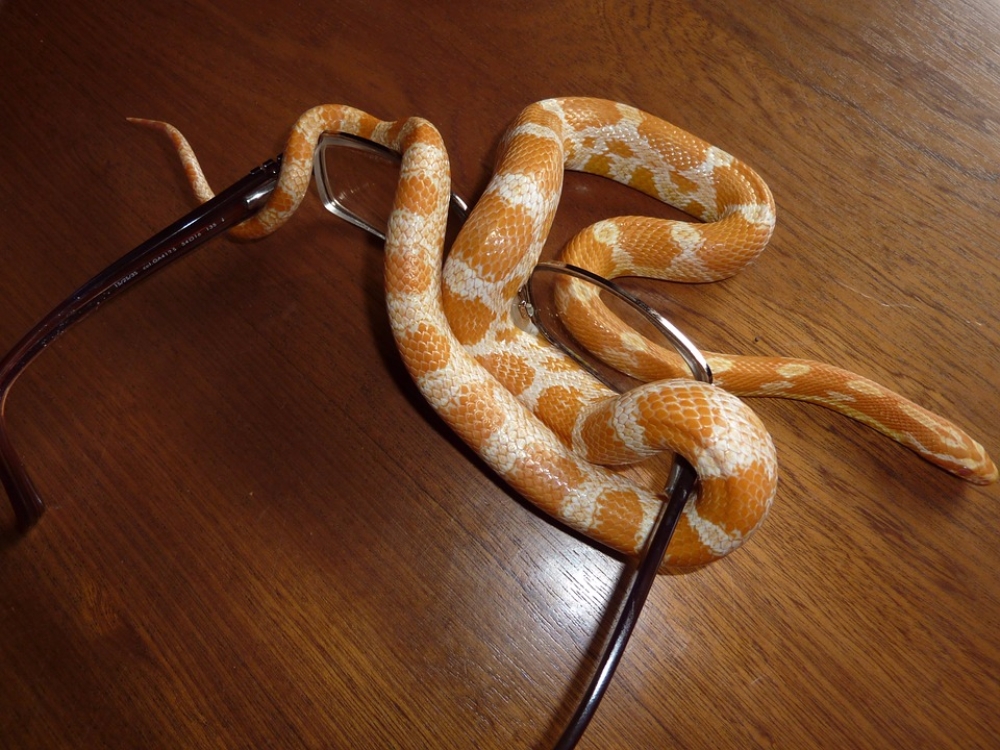
▲ Photo Source: Pixar Bay
Most people are afraid of snakes and dislike them. It is said that the appearance without legs and movements are gruesome, or that hissing sounds creepy. Some people are afraid of the snake itself. Why do snakes cause people's fear? 'Injected' Fear First of all, the fear of a snake is termed ophidiophobia or snake phobia in jargon. This is a sub-concept of herpetophobia or reptile phobia, a fear of reptiles. Psychology researchers at the University of Rutgers in the US said that there is no real reason why people are so afraid of snakes, compared to the prevalence of snake fears. So the researchers began to investigate the cause of snake phobias. One of them is "injected" fear. That is, since childhood, we learn that the serpent is a fearful being, a fearful being. Not surprising. In many traditional fairy tales, snakes have emerged as a terrible and wicked being that afflicts people. The same goes for spider-like insects. Not only that, there are many horror thriller movies in which snakes appear, and in the Bible, snakes are described as evil and scary beings. We learn from childhood that negative images of snakes on most media. The researchers conducted experiments on babies and young children who do not have prejudice against snakes. Babies and children do not perceive it as being harmful and do not feel afraid until they experience the potential risk of the object in their surroundings. Awareness of Ancestors Humans and other primates have long been afraid of animals that threaten their lives. Researchers at Northwestern University and the University of Wisconsin have experimented with rhesus monkeys that have never seen snakes. They showed rhesus monkeys images of wild monkeys showing fear of snakes. Within 24 minutes, the rhesus monkey began to perceive the snake as a terrifying being. The researchers showed monkeys toy flowers, toy snakes, toy rabbits, and toy crocodiles. The monkeys who watched the video were afraid only to toy snakes and toy crocodiles. In other words, snakes and crocodiles are likely to have threatened our ancestors from the old days. The researchers concluded that primates evolved based on the threat of survival, with some of the brain automatically triggering a fear response. People living in industrialized cities, or even those living in areas where they have never actually seen a snake, are also afraid of snakes.

Children's reactions to snakes
Interestingly, the researchers said that boys and girls had different reactions to snakes. Most girl children screamed at the snake, but some boys seemed not to fear the snake. They experimented with 11-month-old infants to determine whether an adult expression of happiness or fear affects their thoughts. As a result, the 11-month-old girls recognized fear and threat and thought that the snake was a horrible subject, but thought the flower was safe. The same number of male babies did not. Other researchers tested 3 - to 14 - month - old infants and 3 - year - old infants with pictures of harmless beings and pictures of snakes, and then quickly picked out some pictures. Babies found the snake's picture faster than harmless ones. This study suggests that fear of snakes is not automatically born or born, but rather is a matter of learning. For these phobias, you should have opportunities to see them more often. Lion and tiger phobias are not common, but snake phobia is a common cause. A snake is a person who can face climbing. The snake was constantly nearby and threatened human life during human evolution. People are therefore afraid of snakes, recognizing that snakes are dangerous and harmful. Right after birth, we learn that snakes are harmful to humans. The way the media depicts snakes and the reactions of adults around them who see snakes are conveyed to young children.
![[Issue] why most people are afraid of snakes issue why most people are afraid of snakes](https://moontore.com/wp-content/uploads/2019/02/issue-why-most-people-are-afraid-of-snakes-1200x700.jpg)


